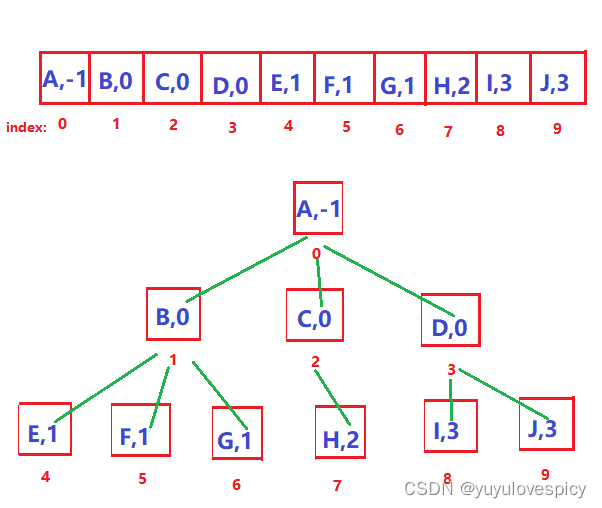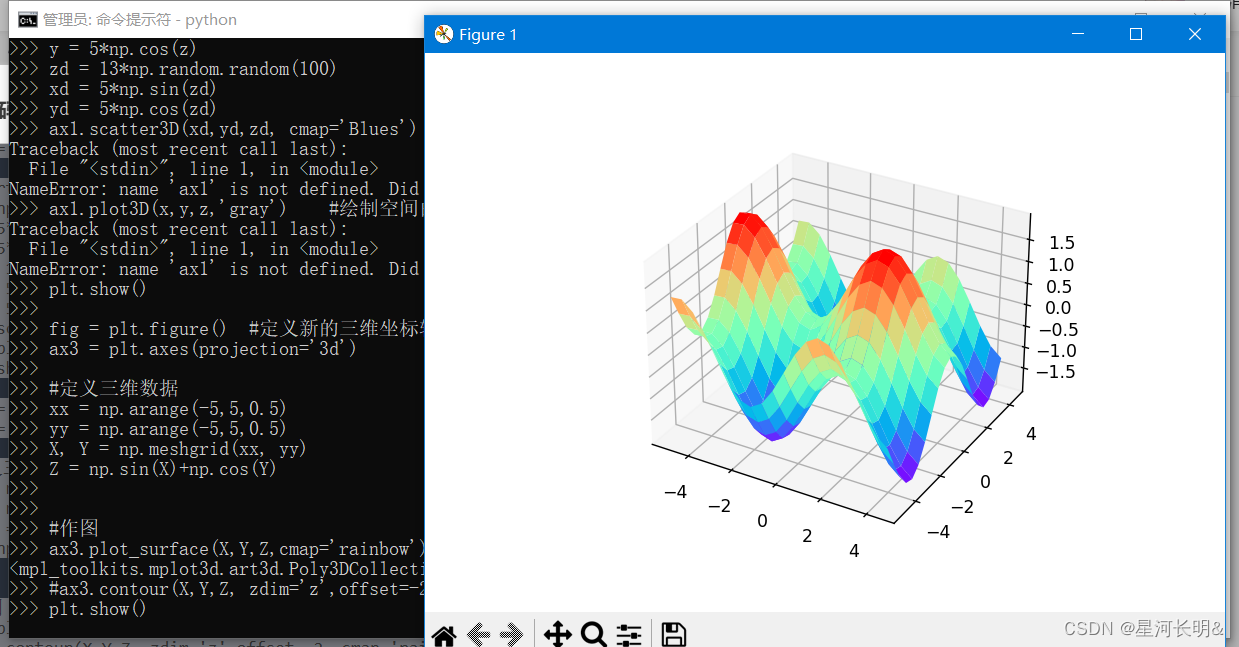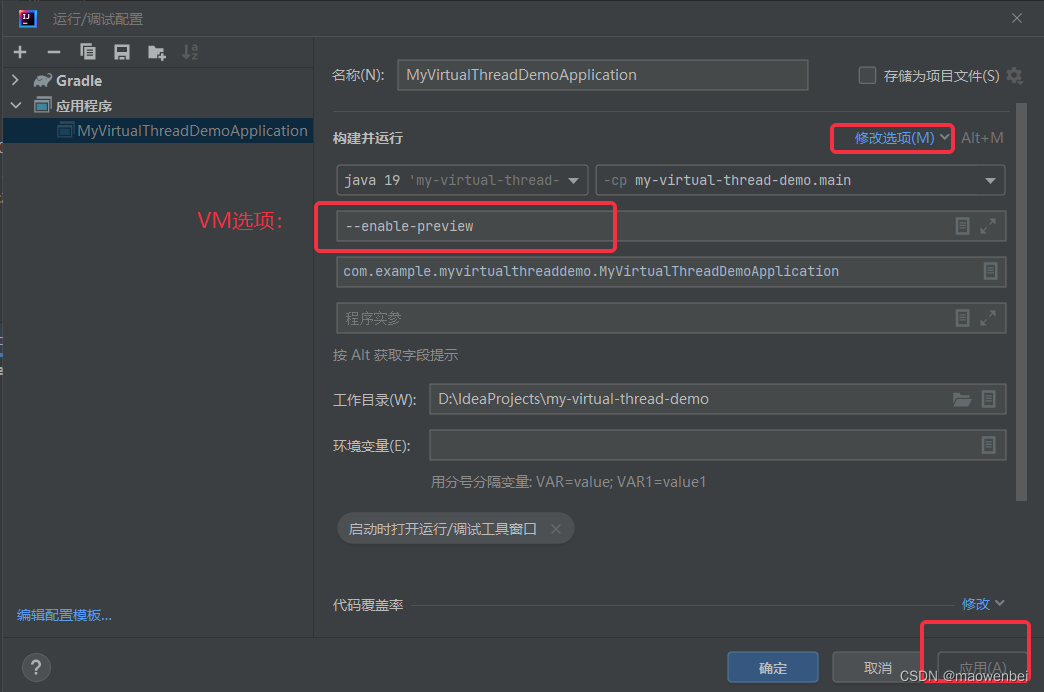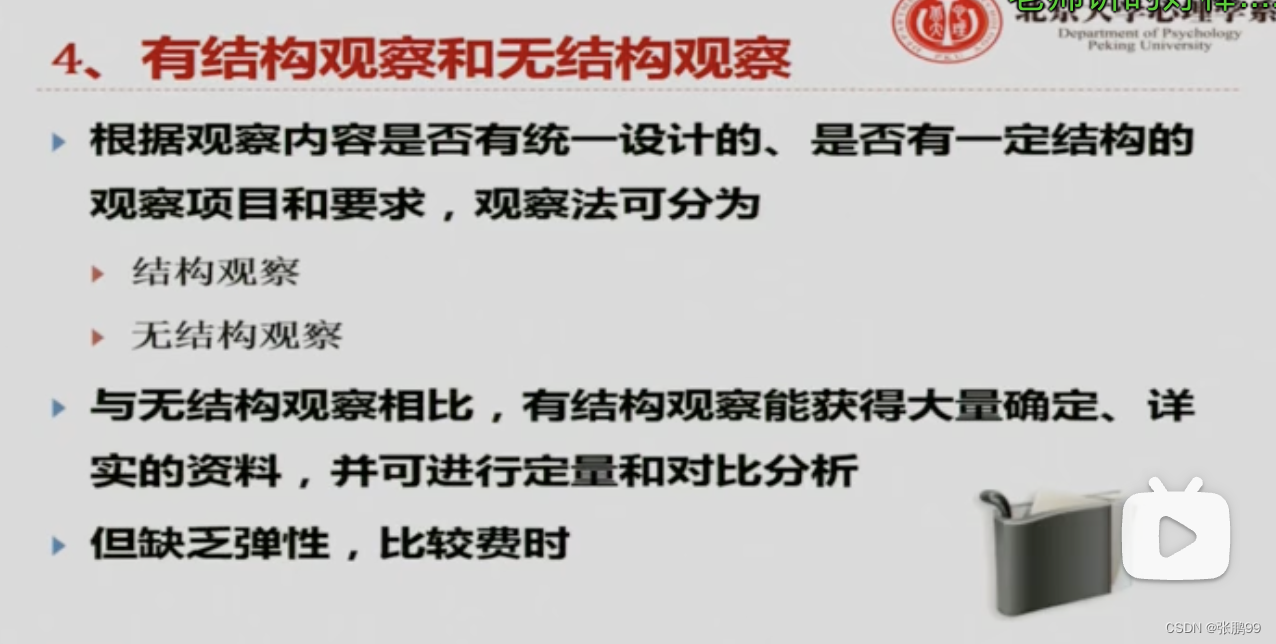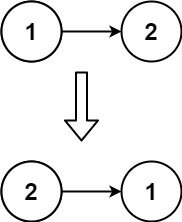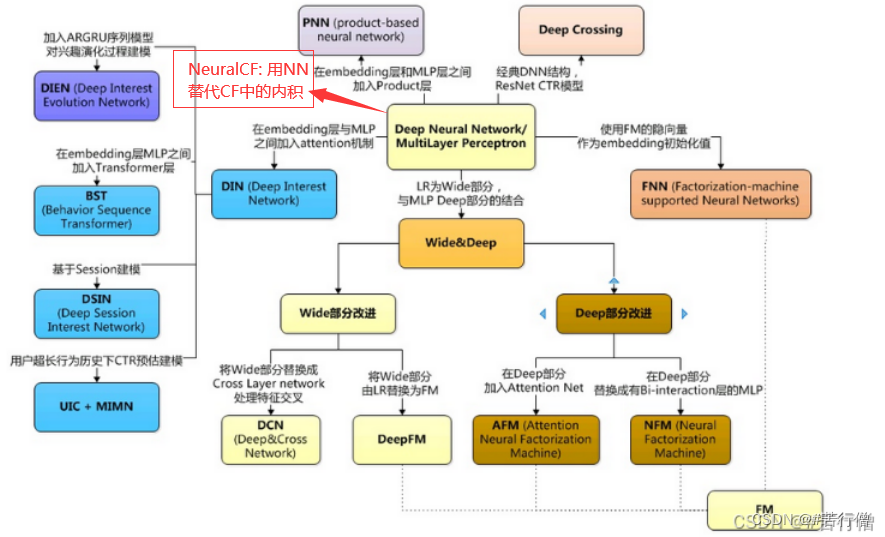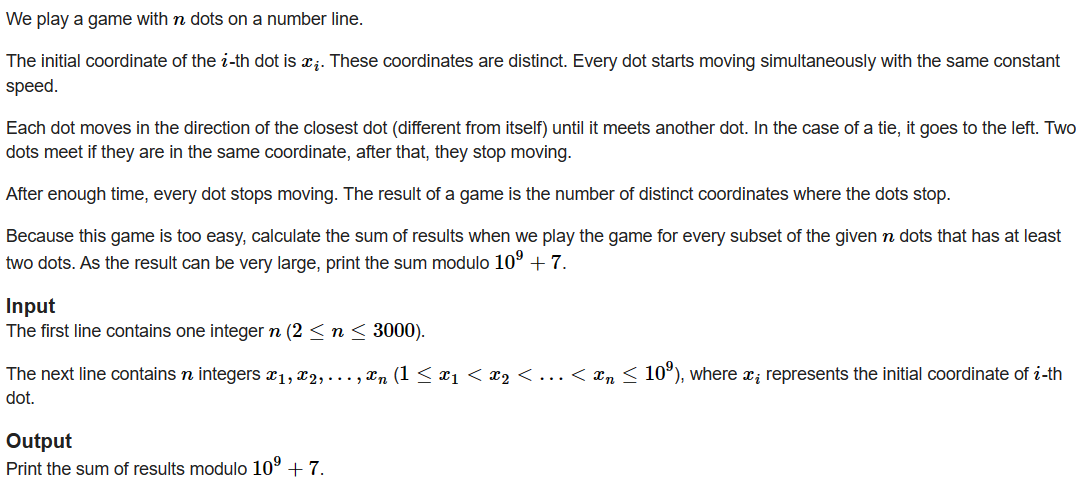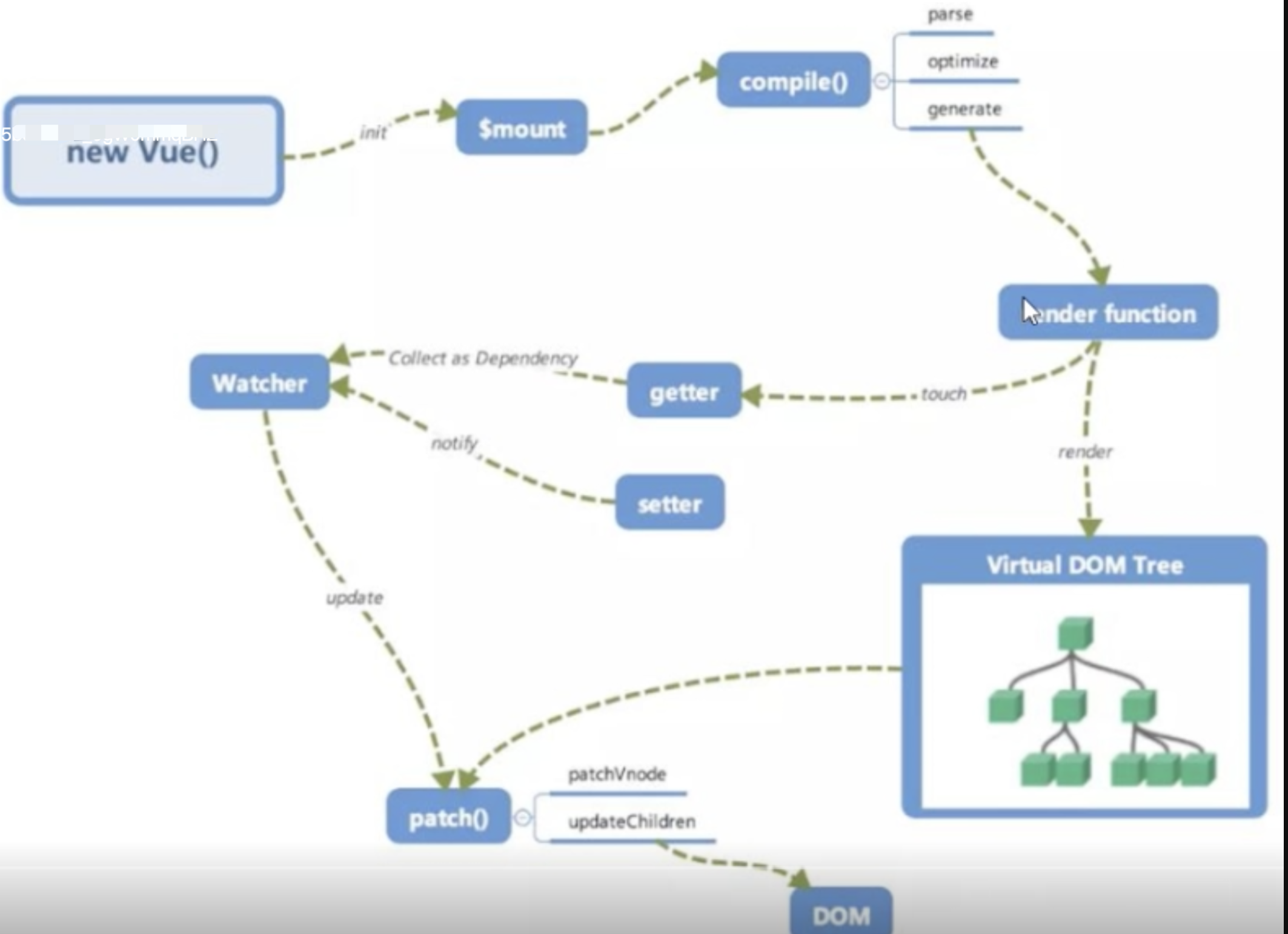1、问题描述: 给定整数 n ,返回 所有小于非负整数 n 的质数的数量 。
2、示例如下:
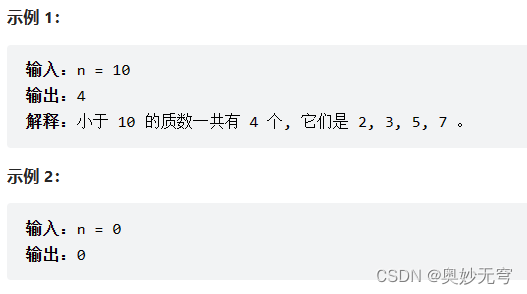
3、代码如下:
第一种:比较暴力的算法
class Solution {
public int countPrimes(int n) {
int count=1;
if(n<=2) return 0;
for(int i=3;i<n;i+=2){
boolean isPrime=true;
for(int j=3;j<=Math.sqrt(i);j+=2){ //一一排除
if(i%j==0)
isPrime=false;
}
if(isPrime)
count++;
}
return count;
}
}
第二种:埃氏筛
class Solution {
public int countPrimes(int n) {
int[] isPrime = new int[n];
Arrays.fill(isPrime, 1); //初始填充
int ans = 0;
for (int i = 2; i < n; ++i) {
if (isPrime[i] == 1) { //等于1表示是质数
ans += 1;
if ((long) i * i < n) {
for (int j = i * i; j < n; j += i) { //把小于n的从2开始的各种质数的倍数标0,当遍历完成后,数量也就出来了
isPrime[j] = 0;
}
}
}
}
return ans;
}
}
第三种:线性筛(核心原理是在埃氏筛的基础上不重复标记)
class Solution {
public int countPrimes(int n) {
List<Integer> primes = new ArrayList<Integer>();
int[] isPrime = new int[n];
Arrays.fill(isPrime, 1);
for (int i = 2; i < n; ++i) {
if (isPrime[i] == 1) {
primes.add(i);
}
for (int j = 0; j < primes.size() && i * primes.get(j) < n; ++j) {
isPrime[i * primes.get(j)] = 0;
if (i % primes.get(j) == 0) {
break;
}
}
}
return primes.size();
}
}
